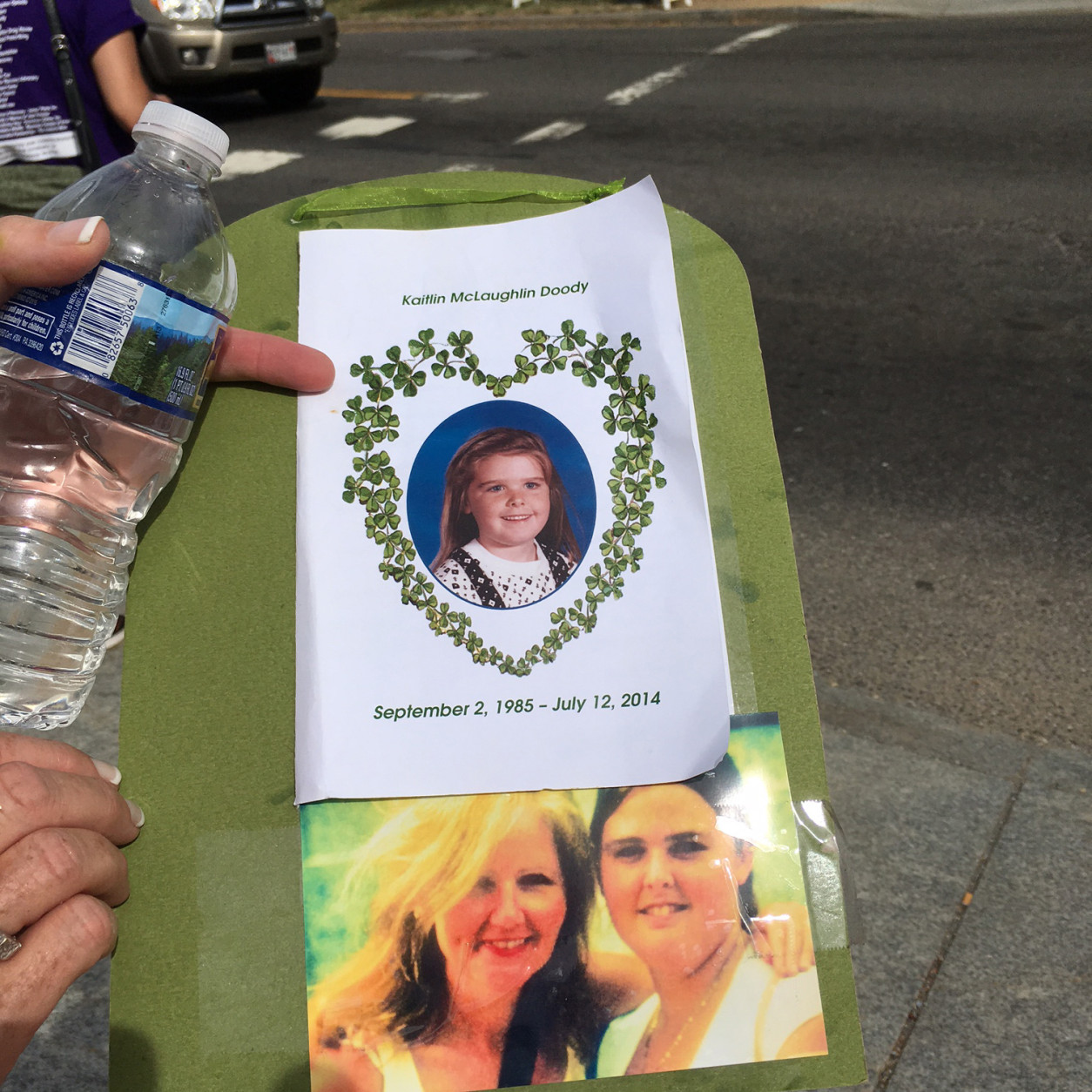
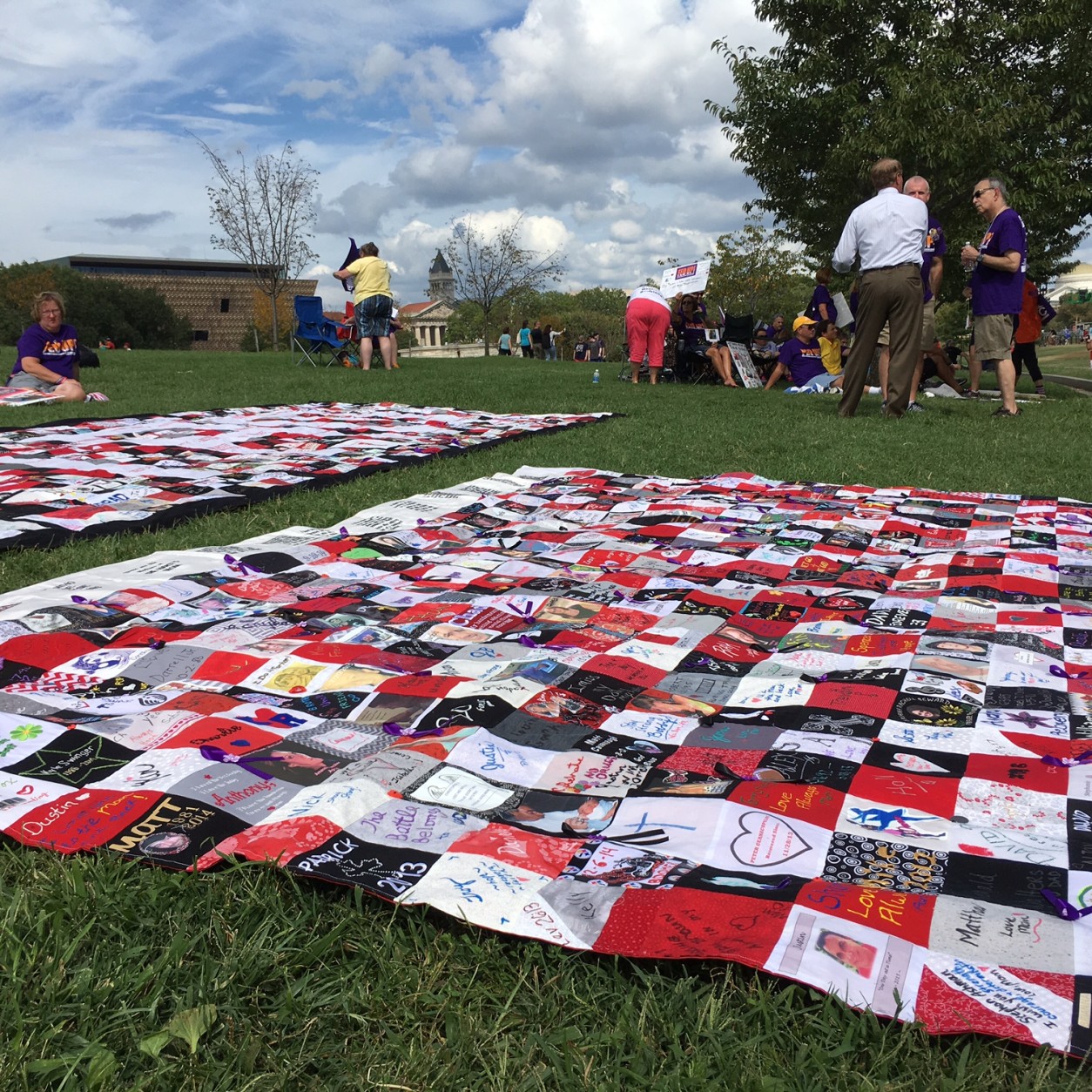
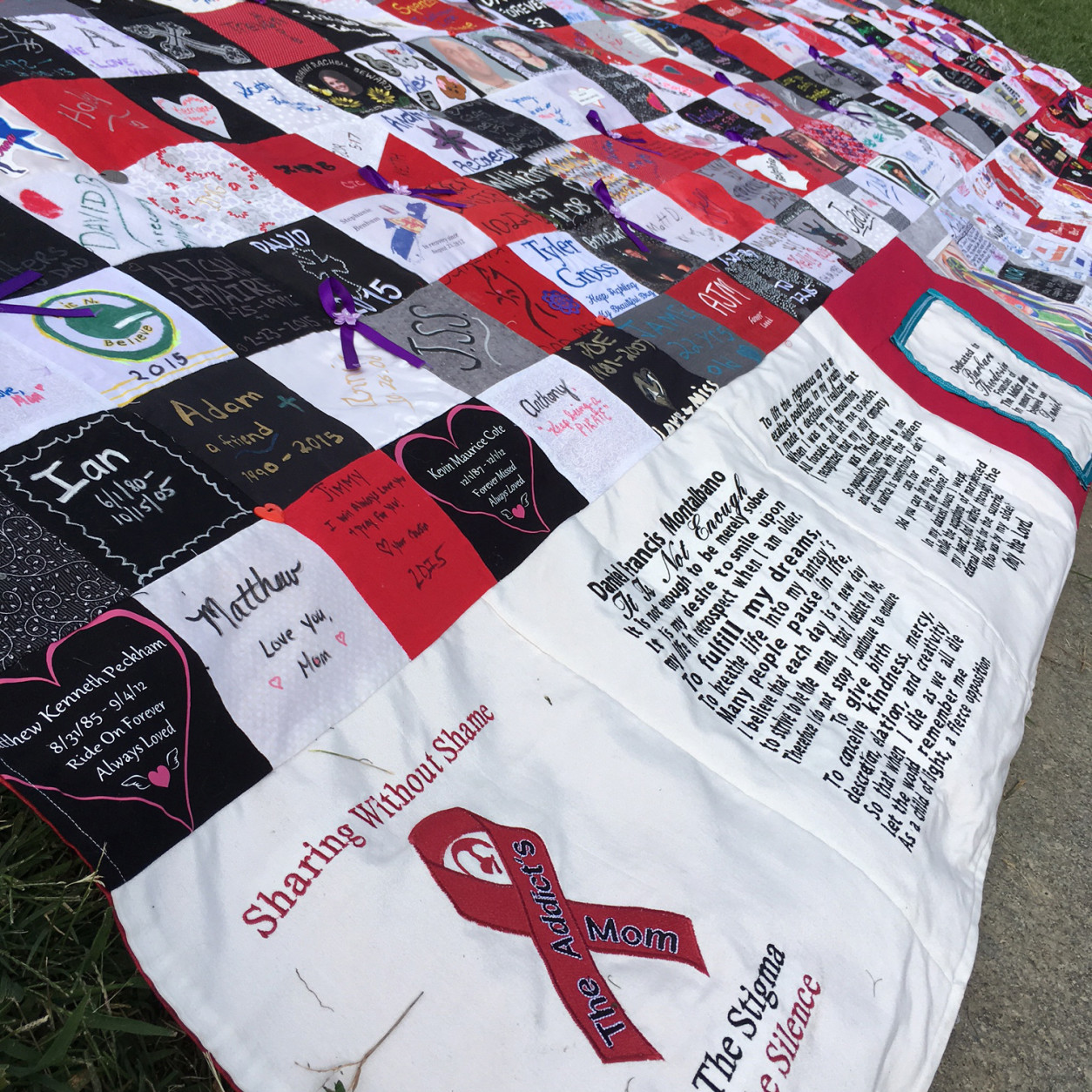
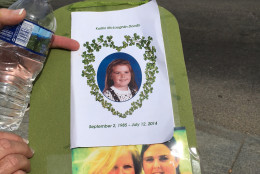
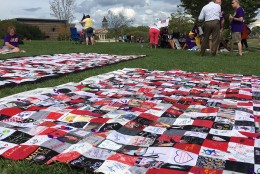
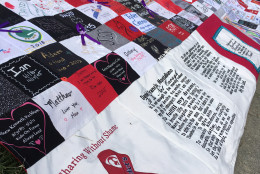
WASHINGTON — Hundreds of advocates and supporters gathered on the National Mall Sunday demanding the federal government do more to end widespread addiction to opioids and the overdose deaths related to prescription and illegal opioids.
Members of the Fed Up coalition, along with several organizations from across the country, are calling on Congress to fund a law meant to combat the national opioid drug epidemic that’s claimed tens of thousands of lives.
The Centers for Disease Control and Prevention says overdose deaths attributed to prescription drugs have increased fourfold since 1999, along with sales of those drugs.
Many who attended the rally said they know the pain of losing a loved one to addiction or the struggle toward recovery.
“I was one of what I like to call the lucky ones,” said Michael King, director of outreach and engagement for an organization called Facing Addiction. “I got near-immediate access to treatment; continuing care was made available to me.”
But King told the crowd he shouldn’t have to call himself lucky “for having received care for a chronic, progressive and fatal illness.”
Jean Doody was one of many who attended the rally with portable memorials to their loved ones, such as fans and T-shirts with pictures of the departed.
“Kaitlin was a wonderful, wonderful human being,” Doody remembered. “She had a tumor in her leg and had to have that removed, and was given Oxys, and that was her first experience with taking pain medicine.”
Doody said she lived in Virginia and Kaitlin was living in Connecticut, so she didn’t understand that she was addicted.
“It was because she ended up losing her job, she lost her apartment, she lost her car, she started hanging around people that could get her drugs from the streets, and that’s when we saw the change in her. But all in all, she was still the same person at the core.”
Michael Botticelli, director of the White House’s National Drug Control Policy and a special guest at the rally, said parents and family members rallied Sunday because “they feel they have not seen an appropriate response from Congress.”






